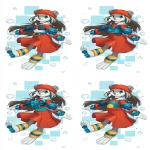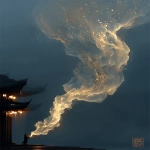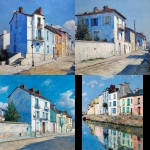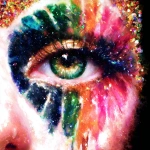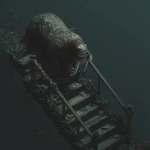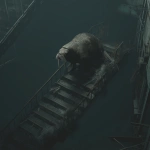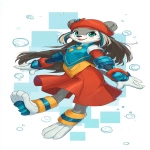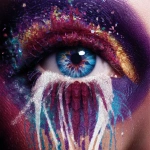Explore the Best AI Image Gallery
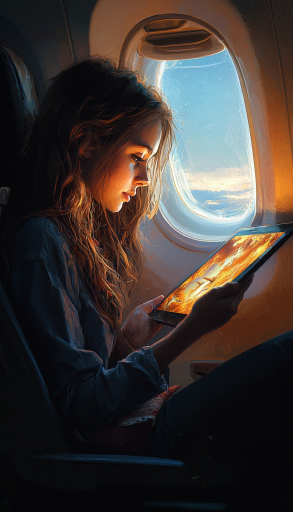
AI Canvas: The Dawn of Algorithmic Artistry
\nEntering the immersive realm of artificial intelligence (AI), one inevitably encounters the breathtaking phenomenon of AI-generated images. This technology, which merges the mathematical precision of algorithms with the fluidity of creativity, has redefined the boundaries of artistic expression, while stirring a plethora of fresh conversations around ethics and the future of creativity.
\n\nReimagining Creativity
\nThe advent of AI-generated images has led to a seismic shift in the creative world - replacing the paintbrush with algorithms and transforming the canvas into computational space. A fusion of logic and imagination, these images are not merely products of human mind; they’re co-creations with intelligent machines, which analyze vast data sets to come up with unique, sometimes staggeringly complex, artistic compositions.
\n\nApplications like DeepArt, DeepDream, and Artbreeder, offering AI-based style transfer or image generation capabilities, are enabling artists and non-artists alike to manifest their creativity in ways previously unimagined. With every pixel meticulously placed by algorithms, the output incorporates intricate details and novel perspectives - thus, charting the inception of a new artistic language: algorithmic artistry.
\n\nPractical Uses of AI-Generated Images
\nAI-generated images transcend the sphere of art, with wide-ranging applications across industries - from advertising and fashion design to scientific research. For instance, gaming companies use AI to create intricate, visually stunning environments and characters. Retailers leverage AI-generated imagery to visualize products in different settings and styles, thereby reducing the need for physical photoshoots. On a more profound scale, AI simulations are employed in scientific visualization to explain complex phenomena and predict future scenarios.
\n\nEthical Considerations and Legal Challenges
\nAs is the case with most advancements, AI-generated images also raise pressing ethical and legal debates. Questions around authenticity and plagiarism have come to the fore: if an AI algorithm generates an image by learning from countless artworks, who owns the copyright? While there is excitement about AI's creative possibilities, there is also a looming fear that it might infrude on human creativity or even replace artists.
\n\nFuture Trends
\nAs technology evolves and algorithms grow more sophisticated, we’re likely to witness a deeper integration of AI in art. It’s not implausible to envision machines collaborating with artists to generate living, mutating artworks that respond to changing environments and societal trends. Furthermore, AI could also play a pivotal role in democratizing art, making it accessible to more individuals irrespective of their artistic skill levels.
\n\nTo conclude, AI-generated images present a fascinating intersection of art and science, stirring enormous potential yet provoking fundamental questions about creativity and authorship. The needle is certainly moving, and only time will reveal the extent to which this algorithmic artistry shapes our artistic and aesthetic future.
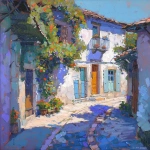
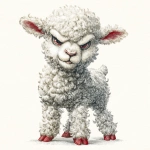
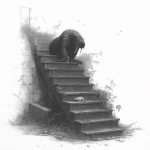
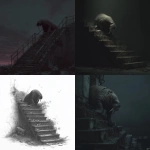
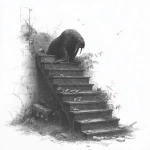
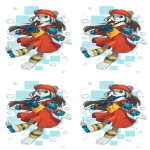
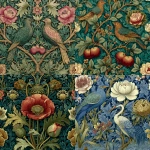
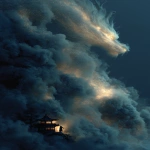
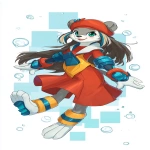
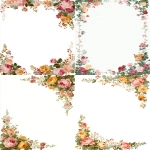
](https://images.ai-img.art/thumbnails/150/a837f3dd425cf7ad3e713aeba8ba74c0f789b06a5183ae77cca3aaf40995a531.webp)
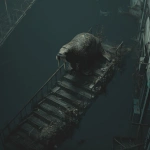
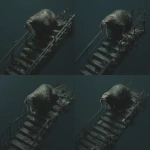
](https://images.ai-img.art/thumbnails/150/52fcd15484bdd2728ed02895c9eb1e9994727577658519ad8a90e3f8e5f834f4.webp)
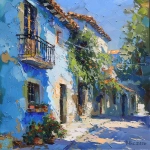
](https://images.ai-img.art/thumbnails/150/c07e9fcce5aeb695d856a504aba5b2ac0810fea30443d74d3d1821971b4ff795.webp)
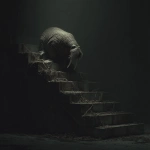
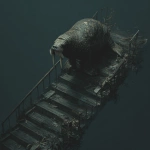
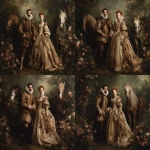
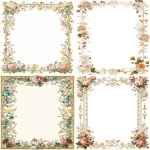
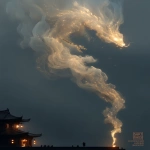
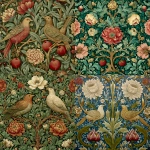
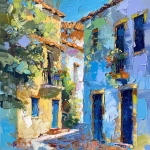
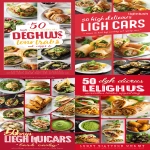
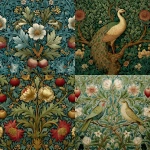
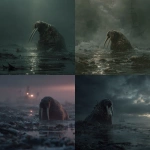
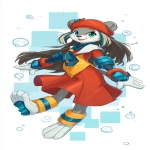
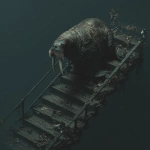
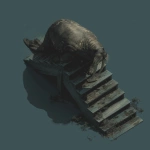
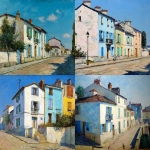
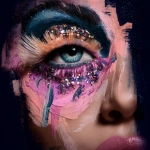
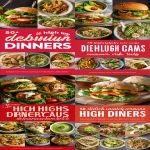
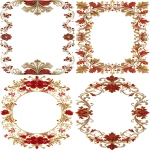
](https://images.ai-img.art/thumbnails/150/9807a688fc26197aea020013b82bef2c782253f59fe37592b6d01b3a122bef73.webp)
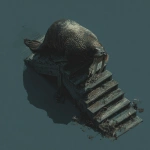
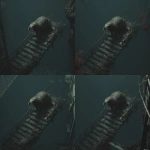
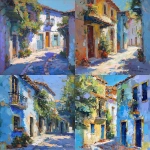
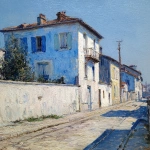
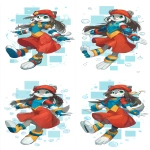
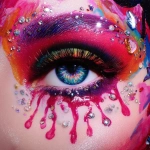
](https://images.ai-img.art/thumbnails/150/c2042565df248712f697ee54a70a459081a86e19e43abb77cf1aff22726a068f.webp)
